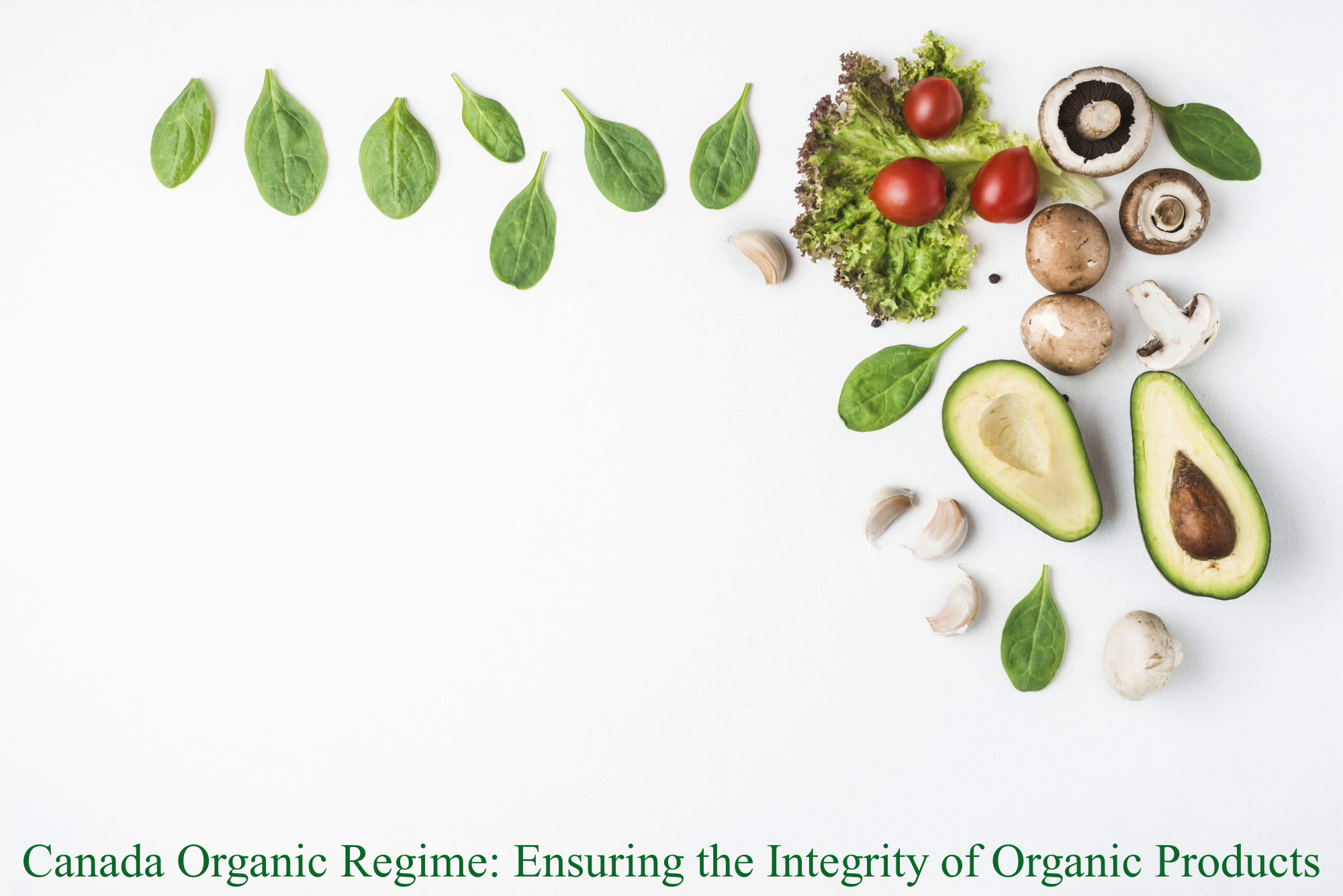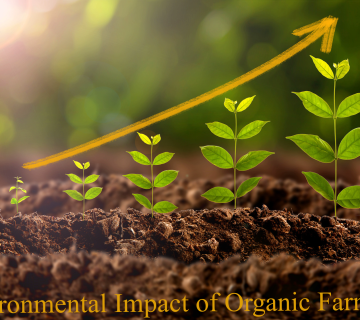The Canada Organic Regime (COR) is a program that is run by the Canadian government that monitors and regulates the organic industry in that country. The COR is responsible for ensuring that all organic products adhere to stringent standards and are appropriately labeled. In the following paragraphs, we will discuss the significance of the COR, its operation, and the implications it has for both consumers and producers.
What is the Canada Organic Regime?
The Canada Organic Regime is a national program that sets the standards for organic products and ensures their integrity. It is a certification process that covers all aspects of organic production, including agriculture, wild harvesting, and aquaculture. The COR is run by the Canadian Food Inspection Agency (CFIA), which is responsible for enforcing the regulations.
How does the Canada Organic Regime work?
The Canada Organic Regime has strict standards that must be met before a product can be labeled as organic. The standards cover all aspects of production, including soil quality, pest management, and animal welfare. Producers must also adhere to strict labeling requirements that ensure that consumers can identify certified organic products easily.

To become certified under the Canada Organic Regime, producers must apply to a certification body accredited by the CFIA. The certification body will review the application and inspect the production process to ensure that it meets the organic standards. If the product meets the requirements, it can be certified as organic.
What are the benefits of the Canada Organic Regime?
The Canada Organic Regime provides several benefits to both producers and consumers. For producers, it provides a level playing field and ensures that all organic products meet the same standards. It also allows producers to charge a premium for their products, as organic products are generally more expensive than conventionally grown products.


For consumers, the Canada Organic Regime provides assurance that the products they purchase meet strict organic standards. The labeling requirements make it easy for consumers to identify certified organic products, and the standards ensure that the products are produced without the use of synthetic pesticides, fertilizers, or genetically modified organisms.
The Canada Organic Regime also has positive impacts on the environment. By reducing the use of synthetic pesticides and fertilizers, organic farming practices promote soil health and biodiversity. This has benefits for the long-term sustainability of the agricultural sector and the health of the planet.

The Canada Organic Regime is an essential program that ensures the integrity of organic products in Canada. By setting strict standards and enforcing them through a certification process, the COR provides assurance to consumers that the products they purchase are produced without the use of synthetic pesticides, fertilizers, or genetically modified organisms. The benefits of the program extend beyond consumers and producers to the environment, promoting sustainable farming practices and supporting the long-term health of the planet.





No comment